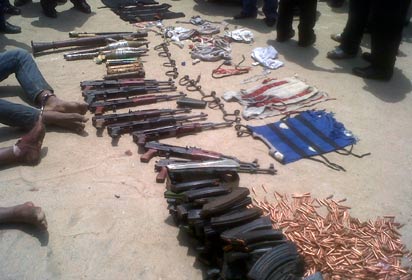SAHARA REPORTERS
This disclosure has raised questions among concerned citizens about the appropriateness of the state’s spending priorities.
A closer look at the budgetary spending of Plateau State for the first quarter of 2024 has revealed that the state government allocated a significant sum of N3.9 billion for the purchase of motor vehicles, constituting approximately a quarter of the N16 billion budgeted for this expenditure item for the year.
This disclosure has raised questions among concerned citizens about the appropriateness of the state’s spending priorities.
However, of this amount, N3.9 billion was already spent as of the first quarter of 2024.
A closer examination of the expenditure reveals that N3.6 billion, accounting for approximately 92% of the total vehicle purchase budget, was allocated towards the procurement of various models of ‘official vehicles’.
Notably, this significant spending on vehicles occurred amidst a total capital expenditure of N8.2 billion in the first quarter of 2024.
Consequently, a substantial 47% of the state’s total capital spending during this period was dedicated to vehicle purchases, raising questions about the prioritization of capital projects in the state.

According to findings, the procurement of official vehicles, totalling N3.6 billion, was facilitated through the Office of the Secretary to the State Government. In contrast, the state’s capital expenditure allocation for other critical sectors was significantly lower, with: Ministry of Works: N22 million; Ministry of Mineral Resources: N15 million; Ministry of Water Resources and Energy: N920 million; and Health Sector: N75 million.

The capital expenditure for ministries in the economic sector totalled N1.5 billion, dwarfed by the N3.9 billion spent on vehicle purchases. This disparity is particularly concerning given the state’s alarming debt levels, which rose from N157.62 billion to N173.93 billion between June and December 2023.
Furthermore, this prioritisation of vehicle purchases over critical sectoral investments comes amidst pressing developmental challenges facing the state, highlighting a mismatch between spending and needs.
Plateau State faces stark developmental challenges, with 73% of its population lacking access to clean drinking water, 84% without access to sanitary facilities, and 52% struggling to access timely healthcare.
These alarming statistics highlight the state’s urgent need for improved basic services. Meanwhile, stakeholders are calling for a reduction in the cost of governance, emphasising the need for prioritised spending and efficient resource allocation to address these pressing issues.



Connect with us on our socials: